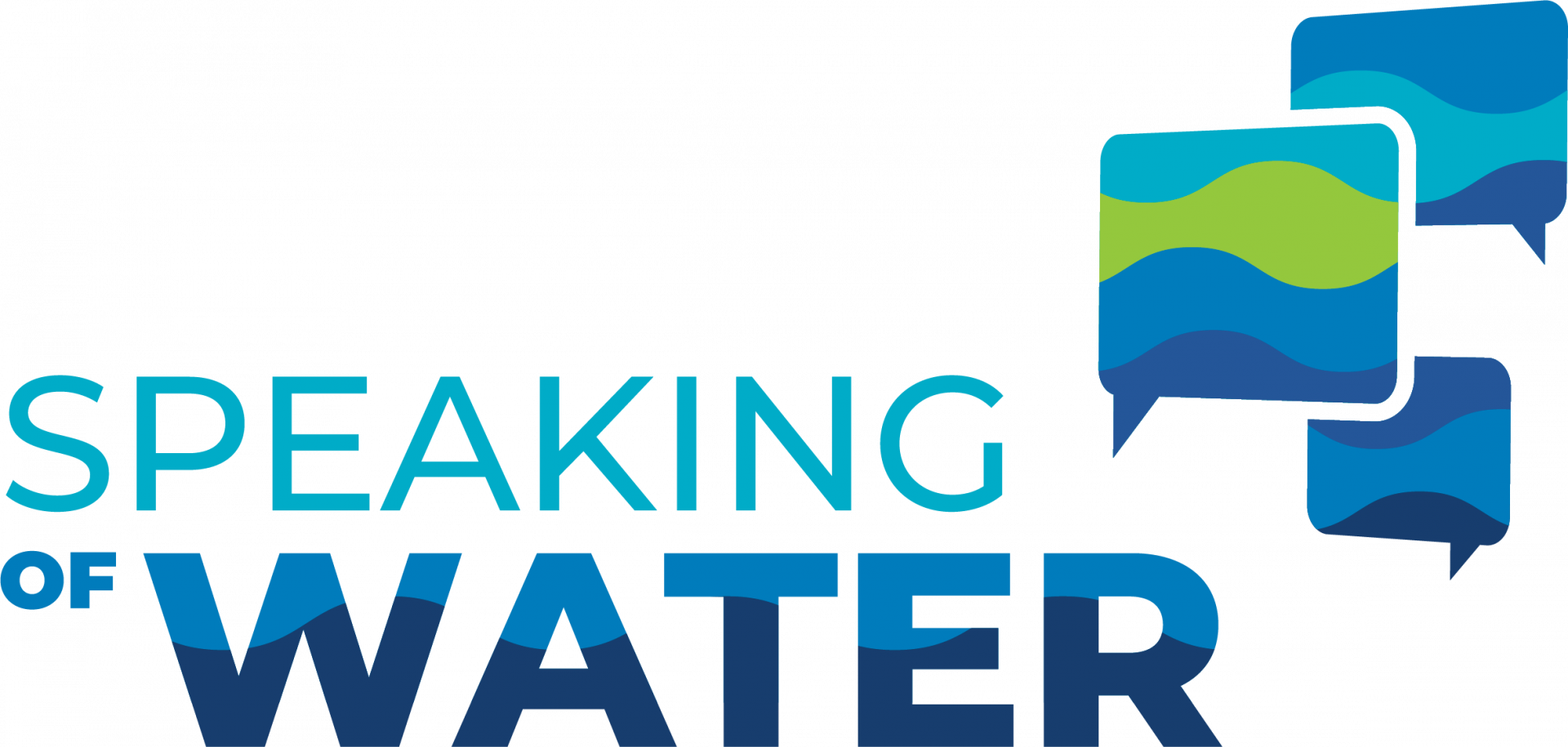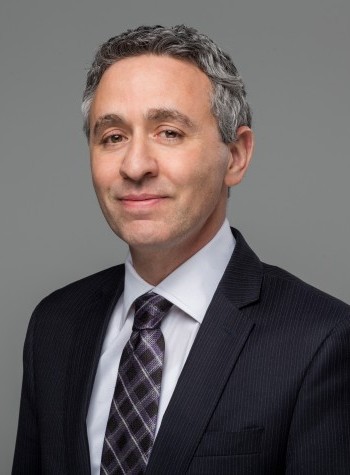
Global Climate Change and Water Conflict—where might we be headed?
Climate change is worsening freshwater-related disputes across our planet. Examples range from conflicts over diminishing water sources shared by countries, to migration pressures arising from refugees escaping regions suffering from chronic drought. This colloquium explores the causes and consequences of these and other societal challenges we will continue to face as climate change impacts freshwater.
- Date: 6/1/22
- Time:
- 12:30pm: Complimentary sandwich bar
- 1:00pm: Panel discussion
- 2:30 – 5:00pm: Catered beer and wine networking reception
- Requirements: Vaccination required (please bring your vaccine card to present at the venue entrance)
- Address: UCI Beall Applied Innovation – 5270 California Avenue Irvine, California 92697-7700 (free parking available onsite)
- Live-stream available!
EVENT SPEAKERS:

Peter Gleick
Co-Founder and President Emeritus, Pacific Institute
Dr. Peter Gleick is co-founder and president emeritus of the Pacific Institute in California, an independent research institute creating and advancing solutions to global water problems. Gleick is one of the world’s leading experts on freshwater resources and a hydroclimatologist focused on climate change, water and conflict, and the human right to water – work used by the UN and in human rights court cases. He pioneered the concepts of the “soft path for water” and “peak water” and has worked extensively on issues related to water and international security, including developing the Water Conflict Chronology, the comprehensive database of violence associated with freshwater resources and systems. Gleick is a MacArthur Fellow, member of the US National Academy of Sciences, and winner of the 2018 Carl Sagan Prize for Science Popularization. He has a BS from Yale University, MS/PhD. from the University of California Berkeley. He is author of many scientific papers and thirteen books, including The World’s Waterseries, Bottled and Sold,and A 21stCentury US Water Policy.

Dalal Najib
Director, Science and Engineering Capacity Division, Policy and Global Affairs Division, National Academies of Science, Engineering and Medicine
Dr. Dalal Najib leads Science and Engineering Capacity Development activities at the Policy and Global Affairs (PGA) Division of the U.S. National Academies of Sciences, Engineering and Medicine (NASEM), including early career engagement, international collaborations and institutional capacity building activities. She is the program director for the Arab-American and US-Africa Frontiers programs at NASEM. She is the Principal investigator on the NSF-funded ACCELNET award, PEER2PEER, a novel network of networks in transboundary water security spanning the Middle-East, North Africa and Central Asia. Dr. Najib also worked on the USAID- funded Partnership for Enhanced engagement in Research (PEER) program where she managed the sub-Saharan Africa, Middle-East and the Central Asia regions as well as the water, sanitation and hygiene (WASH) and SERVIR portfolios. Dr. Najib first joined the National Academies as a Mirzayan Science and Technology policy fellow at the Aeronautics and Space Engineering Board (ASEB).
She holds a PhD in Climate and Space Sciences and Engineering from University of Michigan, with support from the NASA Earth and Space Sciences Fellowship. She also completed a master’s degree in public policy (MPP) from the Gerald Ford School of Public Policy with a focus on science and technology policy in developing countries. Prior to that, she received her undergraduate degree in aerospace and aeronautical engineering from Supaero (Toulouse, France).

Aaron Wolf
Professor of Geography, Oregon State University
Aaron T. Wolf, PhD is a professor of geography at Oregon State University, USA, whose research and teaching on water conflict prevention and transformation is supplemented by his training as mediator/facilitator, by which he directs the Program in Water Conflict Management and Transformation where he has offered workshops, facilitations, and mediation in basins throughout the world.

Lama Elhatow
Environmental and Climate Change Consultant
Lama has 14+ years of work experience in the Environmental field, 10 of which are as an Environmental and Social (E&S) Specialist at IFC (part of the World Bank Group) working on projects in sectors including Manufacturing, Infrastructure, Services and Financial Markets. She has worked on a wide range of projects across Middle East and North Africa as well as a few projects in Sub-Saharan Africa including Mozambique and Nigeria. Many of Lama’s projects include complex infrastructure such as hydropower development on a transboundary watershed in Pakistan, as well as the world largest solar park – the Benban solar park in Aswan, Egypt where she acted as the E&S focal point lead at IFC. Lama has a Bachelors degree (B.Sc.) in Construction Engineering and a Masters degree (M.Sc.) in Environmental Engineering from the American University in Cairo, Egypt. Her Doctorate degree (PhD) in sustainability from Erasmus University Rotterdam in the Netherlands, has enabled her to work across various cross-cutting fields to assess the ecologic, economic, policy oriented, social, and governance related factors related to water and climate change. Her dissertation: “Climate Change as an opportunity for cooperation on the Blue Nile River Basin” has utilized the Water-Energy-Food (WEF) Nexus approach to outlining win-win benefit sharing opportunities for the three countries of the Blue Nile for a sustainable transboundary approach to water management. Lama was also engaged in the UNFCCC climate change negotiations for 5 years from 2009-2014 as a climate policy officer, working with governments in the Arab region to reduce their GHG emissions whilst following both the mitigation and adaptation tracks quite closely through the International NGO Climate Action Network (CAN). Lama is a passionate environmentalist and an avid learner of the complexities of our ecosystem and is often amazed at the interconnectedness of everything within it.
Opening remarks by Mohsen Mortada, CEO, 3i Strategies
Mortada’s 30-year career began with city, regional and state governments in Tucson, Phoenix, and Albuquerque dealing with water issues. He has 10 years of experience in management consulting, and spent 14 years as CEO of two major engineering firms in the Middle East and Canada. Mohsen has done extensive work in climate change protocol negotiations, resiliency, and food security.











